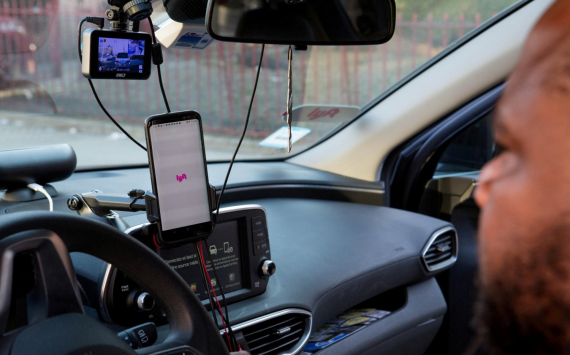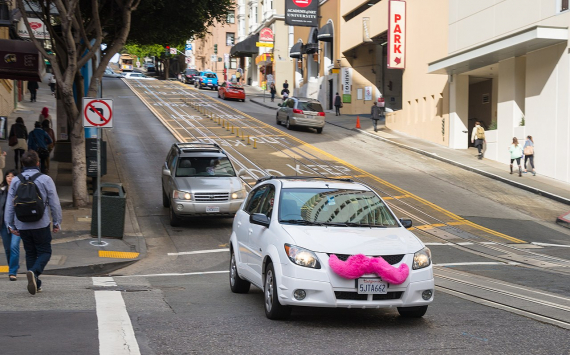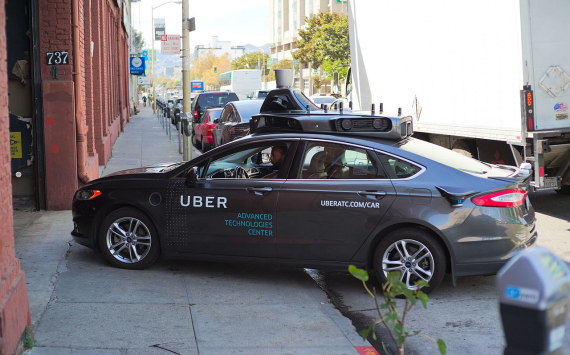
Total protection
Ride-sharing companies Uber Technologies Inc. and Lyft Inc. are fighting an increase in violent crime and are introducing new security measures and policies to try to better protect drivers.
According to the Federal Bureau of Investigation, the total number of homicides in the US rose by more than 20% in 2020 compared to 2019. Law enforcement agencies say crime has continued to rise this year.
This year has seen a number of shootings in Washington DC, St Louis, Mitchellville, Maryland, and other cities, including sharpshooters and food delivery drivers.
Companies are taking steps to combat the rise in crime, but some drivers feel they need to do more.
"It's an absolute crisis" that has left drivers unable to get back to work, said the director of the Independent Drivers Guild, an Illinois-based group.
Ride-sharing apps have long had safety measures in place Uber, for example, has an emergency button that connects drivers to 911 and relays their GPS coordinates to dispatchers and they're adding more. Lyft has a similar feature.
Earlier this year, Uber and Lyft made it mandatory for passengers who use untraceable payment methods, such as gift cards, to upload government IDs.
Later this month, Uber plans to test a new security feature that allows drivers and passengers to record audio during a ride.
Last month, lnstacart Inc said it had started alerting product pickers of crimes or security incidents near their locations in the app, and DoorDash Inc has opened a hotline for its drivers.
Drivers are doing all they can to protect themselves. Some will only work during the day or pick up passengers from the airport. Others have started wearing flak jackets, he says.
Drivers say they want Uber, Lyft and others to beef up security measures for drivers to match the measures available to drivers.
Drivers routinely undergo background checks, including criminal background checks when they register. While on the job, they are often required to take selfies to prove that they are the ones behind the wheel.
Passengers, on the other hand, can create accounts using fictitious names because apps do not require them to reveal their identity.
Customer data verification is being used in other industries. Major sharing giant Airbnb Inc requires US travellers to upload IDs and check their information against criminal databases and sex offender registries.











































